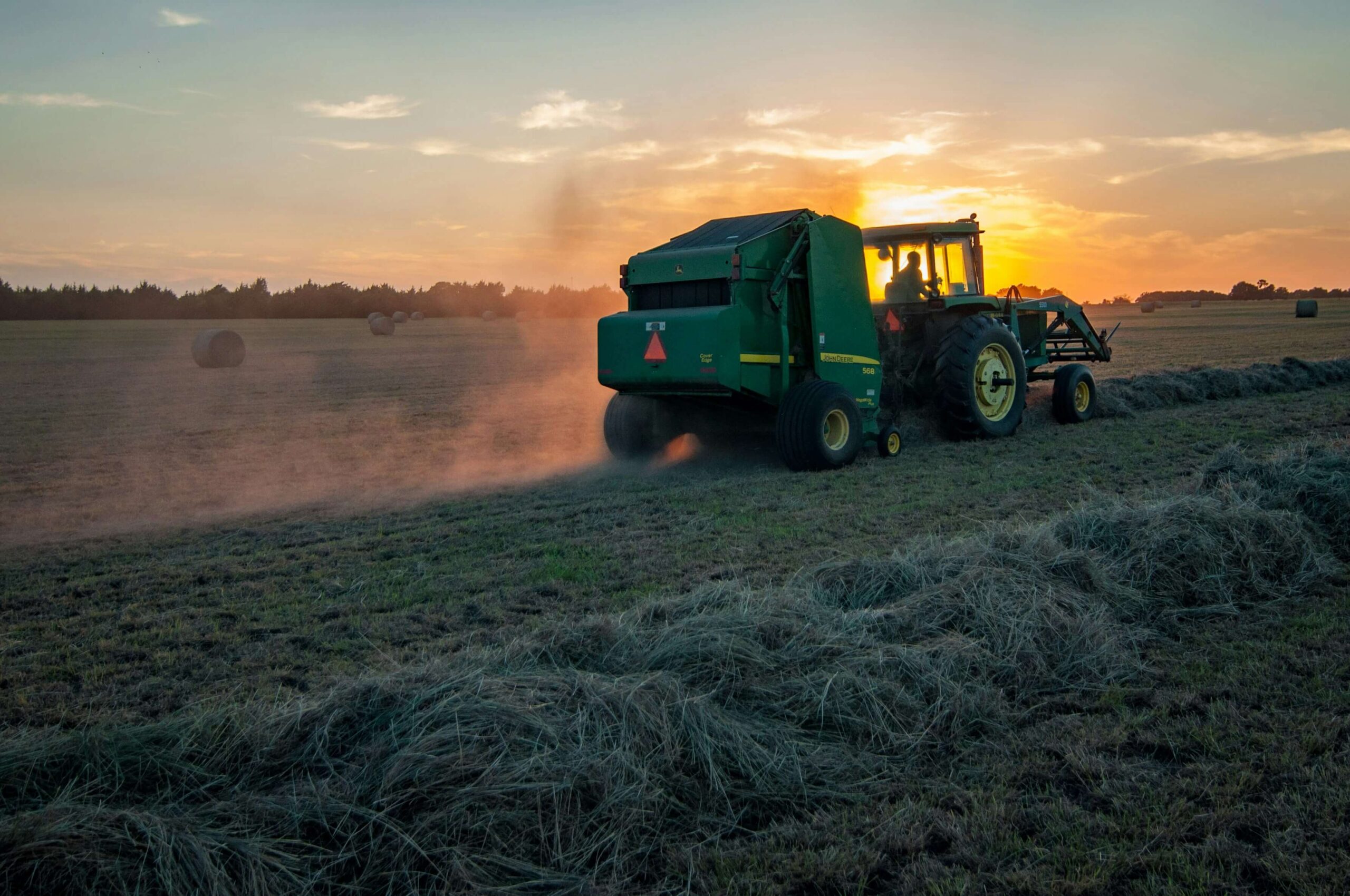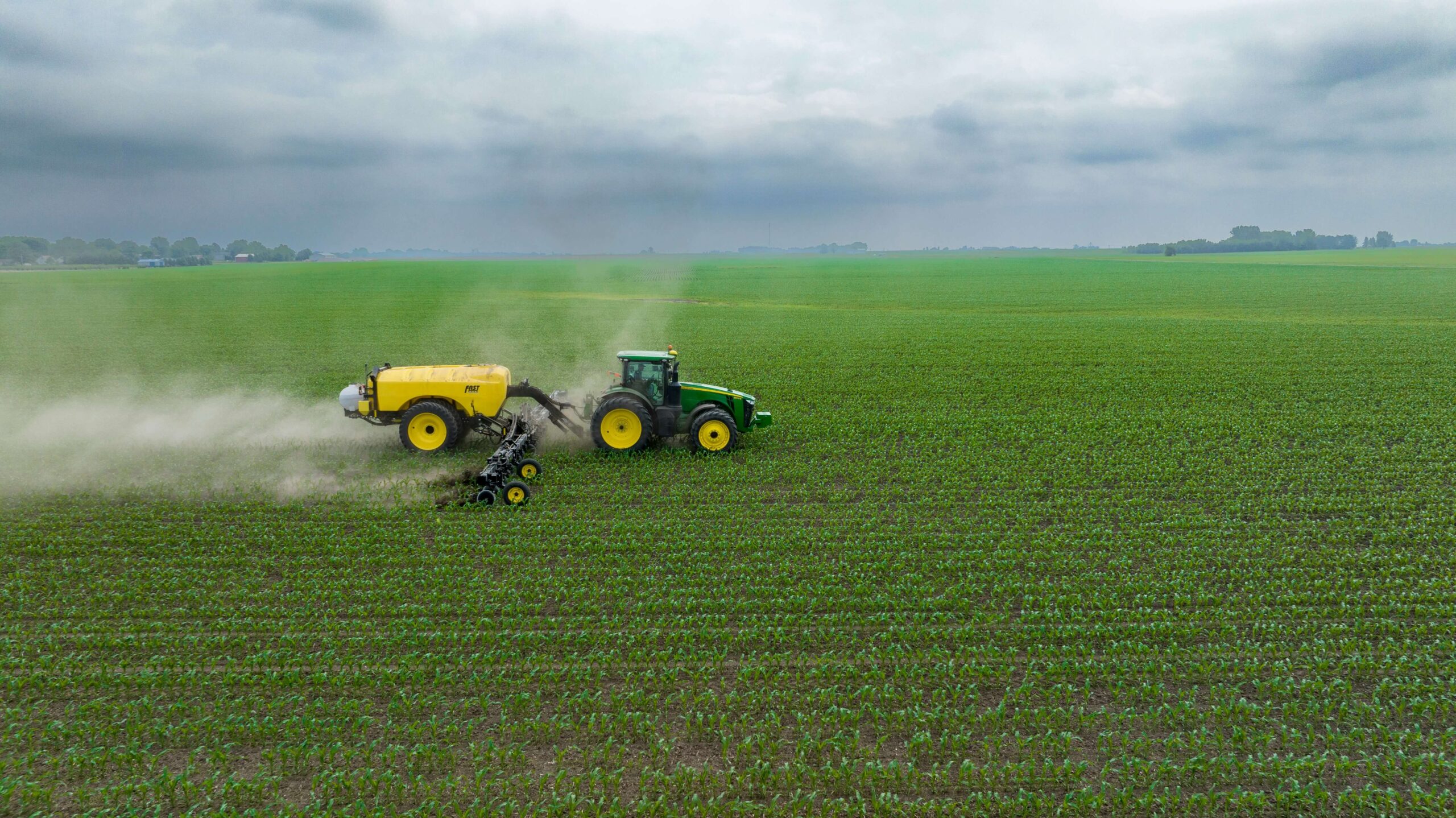Blog
Sourcing Parts for the Agriculture Industry: What You Need to Know
By ASP

In the agriculture industry, sourcing the right parts is crucial for maintaining efficiency, productivity, and sustainability. As farmers and agricultural businesses increasingly rely on advanced machinery and technology, understanding the intricacies of sourcing high-quality parts has never been more important.
Having access to reliable, quality parts is essential to ensuring your farm or agribusiness runs smoothly. Whether you’re a seasoned agricultural professional or just starting out, this guide will equip you with the knowledge to navigate the complexities of part procurement effectively.
Be Prepared
Research and preparation are vital when sourcing parts for the agriculture industry, as they lay the groundwork for informed decision-making and long-term success. By thoroughly investigating potential suppliers, understanding the specifications of the required components, and evaluating industry trends, businesses can ensure they choose parts that meet their operational needs and budget constraints.

Know Your Equipment
Each piece of machinery has specific requirements regarding compatibility and performance, so understanding these details ensures that you select parts that fit and function correctly. Familiarising yourself with the equipment, such as Rotary hoes, Power Harrows, Rippers, Ploughs, and Mulchers helps you identify potential issues early, allowing for more targeted sourcing that can save time and reduce costs. Knowledge of your equipment’s specifications also aids in assessing the quality and reliability of parts, helping to avoid subpar components that could lead to breakdowns or inefficiencies.
Identify Potential Suppliers
Identifying potential suppliers of agriculture industry parts requires a strategic approach that combines research, networking, and evaluation. Start by leveraging online resources, such as industry directories and specialised marketplaces, to compile a list of suppliers specialising in agricultural components. Attending trade shows, agricultural expos, and industry conferences can provide valuable opportunities to meet suppliers face-to-face, allowing you to assess their offerings and expertise firsthand.
Once potential suppliers are identified, evaluate them based on criteria such as product quality, reliability, customer service, and adherence to industry standards. Requesting quotes, examining product reviews, and assessing their supply chain capabilities will further ensure that you choose a supplier that aligns with your operational needs.
Plan Ahead
Planning ahead is necessary to ensure timely availability and minimise disruptions during critical operational periods. By anticipating needs and potential supply chain challenges, businesses can secure necessary components before peak seasons, reducing the risk of delays that could hinder productivity. Additionally, proactive planning allows for better budgeting and resource allocation, enabling agricultural operations to take advantage of favourable pricing and supplier negotiations.
Keep on Top of Inventory Management
Inventory management is crucial for sourcing parts. In an industry where machinery downtime can lead to significant financial losses, maintaining an organised inventory helps ensure that parts are available when needed. By accurately tracking inventory levels and usage patterns, agricultural businesses can prevent overstocking and understocking, reducing waste and storage costs.
Moreover, a well-managed inventory system enables quicker response times for repairs and maintenance. Additionally, if you need custom parts, having good inventory management skills is essential, as this can be a long process.
Are the Parts You Need Available?
Start by identifying the specific components needed and their compatibility with existing equipment. Utilise online platforms, such as manufacturer websites and industry-specific marketplaces, to check inventory levels and lead times.
Reach out to multiple suppliers to compare availability, pricing, and delivery options, and consider joining industry forums or networks for insights on reliable sources. Maintaining a record of supplier performance and historical availability can also help streamline future sourcing decisions.
Cost-Effective Sourcing Options
Buying used parts and evaluating the total cost of ownership can be important steps in determining cost-effective ways to source the agricultural industry parts your business needs.
Used Equipment
Buying used equipment can be a cost-effective option for sourcing agriculture parts, as it often comes at a significantly lower price than new components. By carefully selecting reputable sellers and inspecting equipment thoroughly, buyers can find valuable assets that enhance their operations while keeping expenses manageable, ultimately supporting a more sustainable approach to farming.
Total Cost of Ownership
Evaluating the total cost of ownership (TCO) when sourcing agriculture industry parts involves assessing not just the initial purchase price but also all associated costs throughout the part’s lifecycle. Start by calculating the upfront cost of the part, including any taxes and shipping fees.
Next, consider installation and maintenance expenses, which can vary depending on the complexity of the component. It’s also important to account for operational costs, such as energy consumption and potential downtime associated with repairs or failures.
Additionally, evaluate the expected lifespan of the part and any warranties or guarantees that may affect long-term costs. By compiling these factors, you can gain a comprehensive understanding of the TCO, enabling you to make more informed sourcing decisions that align with your budget and operational goals.
Verify Quality Assurance
Verifying quality assurance in a parts supplier is necessary to ensure that the components you source meet industry standards and will perform reliably. One of the first steps in this process is to assess the supplier’s certifications and compliance with relevant industry standards, such as ISO or ANSI. These certifications indicate that the supplier adheres to established quality management systems and processes, which can significantly enhance confidence in the parts provided.
Additionally, request detailed documentation regarding the supplier’s quality control processes. Reviewing a supplier’s inspection and testing procedures can help you understand how they maintain quality throughout production.

Maintain a Good Relationship with Your Parts Supplier
A strong partnership fosters open communication, allowing for quicker resolution of issues and more reliable support when you need it most.
Relationship Building Long-Term
Good relationships can lead to better pricing, favourable payment terms, and priority access to new products or limited stock, which can be invaluable during peak seasons. Trust and collaboration can also encourage suppliers to go the extra mile to provide exceptional service, ultimately enhancing operational efficiency and reducing downtime. Consider opening a wholesale or trade account with suppliers to access a wide range of benefits, from discounts to credit trade terms.
Customer Support
Customer support is vital for an agricultural parts supplier because it directly impacts the efficiency and productivity of farming operations. Quick and knowledgeable assistance can help resolve parts compatibility, installation, or troubleshooting issues, minimising downtime and preventing costly disruptions in the field.
Additionally, responsive customer support builds trust and fosters long-term relationships, encouraging customers to return for future needs. In an industry where timely access to quality parts is critical, exceptional customer support ensures that agricultural professionals can rely on their suppliers not just for products, but for ongoing assistance and expertise.
Turn to ASP Components for Quality Parts
If you’re looking for reliable, high-quality agricultural industry parts, look no further than ASP Components. Our dedicated team is committed to providing exceptional customer support and ensuring you have the right components when you need them most.
With a wide range of products tailored to meet your specific needs, we prioritise quality and efficiency in every transaction. Contact us today to discover how we can support your operations and help you enhance productivity in the field.
